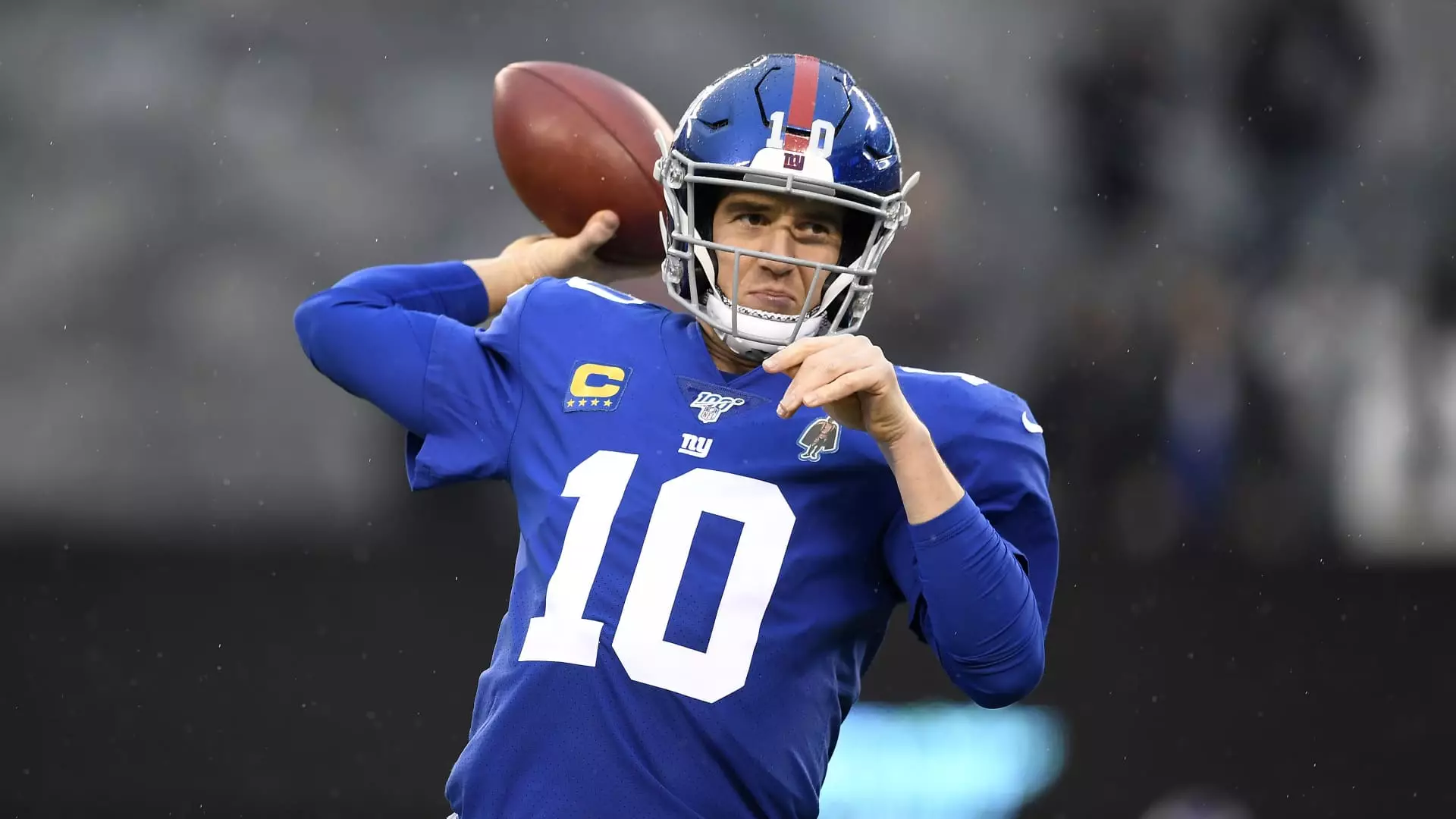One of the most striking aspects of contemporary sports is the exponential inflation of franchise valuations, which, in turn, has transformed ownership ambitions into distant fantasies for many. When Eli Manning, a beloved former NFL star, declares that he’s been “priced out” of buying a stake in the Giants, it exposes a fundamental reality: the true cost of sports franchise ownership has escalated beyond the reach of average affluent individuals, let alone the passionate fans who dream of buying a piece of their team. The core issue isn’t just about money; it’s about the widening gap between genuine community ownership and the voracious appetite of global investment firms and ultra-wealthy billionaires. The inflated valuation figures, often praised as signs of economic health, ultimately serve to mask this growing divide, pushing even stars like Manning—who earned hundreds of millions during their careers—out of the game before they even began.
The Distorted Valuations and Their Political Implications
The astronomical valuations assigned to teams like the Giants ($7.85 billion), Eagles, 49ers, and Lakers distort the actual landscape of community sports. These figures, often used to justify skyrocketing franchise sales, do little to reflect the everyday reality of access and local impact. Instead, they symbolize a broader trend: the commercialization of public passions, feeding a narrative that value equals worth, and wealth equates to influence. From a center-left perspective, these inflated valuations illustrate the problematic consolidation of cultural institutions into private hands, emphasizing profit over purpose. When billionaire owners or private equity firms can buy into beloved franchises at fantasies of multibillion-dollar valuations, it raises pressing questions about inequality, access, and social responsibility. Are sports teams still public treasures, or have they become exclusive clubs for the ultra-wealthy whose influence extends far beyond the field?
The Market Driven by Private Equity and An Unhealthy Concentration of Power
The recent loosening of NFL ownership rules—allowing private equity firms to acquire stakes up to 10%—accelerates the transformation of sports into a playground for high finance. This shift not only consolidates power among a select few but also shifts focus away from athletic excellence or community engagement toward speculative assets that yield financial returns. In this climate, even former players like Eli Manning are left contemplating how their aspirations clash with the realities of an increasingly privatized and profit-driven sporting ecosystem. While Manning’s decision not to pursue ownership highlights personal boundaries, it also signals a troubling trend: that even those with genuine ties to the teams are being priced out of meaningful participation. The sports industry is becoming an arena where wealth—rather than merit or community—dictates influence and access.
Ownership as a Reflection of Broader Societal Inequities
The ownership landscape of major sports leagues reflects deeper societal issues that many center-left voices aim to address. The fact that teams now carry valuations surpassing the gross domestic product of small nations signals a disconnect between the economic realities of most fans and the astronomical figures associated with their teams. Sports have historically been about community, identity, and collective joy—values that are increasingly overshadowed by financial speculation. When billionaires like Julia Koch or market magnates team up to bid for stakes in historic franchises, it exemplifies the growing divide between economic elites and the communities they ostensibly serve. The cultural significance of sports should be a shared experience rooted in local identity, not a vessel for capital accumulation—yet, this is precisely where modern ownership trends are heading.
The Future of Fan Engagement and Democratic Ownership
As the financial barriers to ownership continue to grow, the question becomes: what is lost in this transformation? The democratization of sports—once a realm where passionate fans could aspire to ownership—dissolves into a distant fantasy, replaced by corporate and billionaire narratives. The challenge is to resist this trend by fostering models of ownership rooted in community involvement and shared interest, ensuring that sports still serve as a vehicle for social cohesion rather than exclusive profit-making. The innovations of the future must prioritize accessibility, accountability, and local empowerment—fundamentally redefining what it means to own a piece of a team. Without this shift, sports risk becoming ever more detached from the communities that gave them life, further entrenching social inequalities and eroding the democratic spirit that once defined them.


Leave a Reply